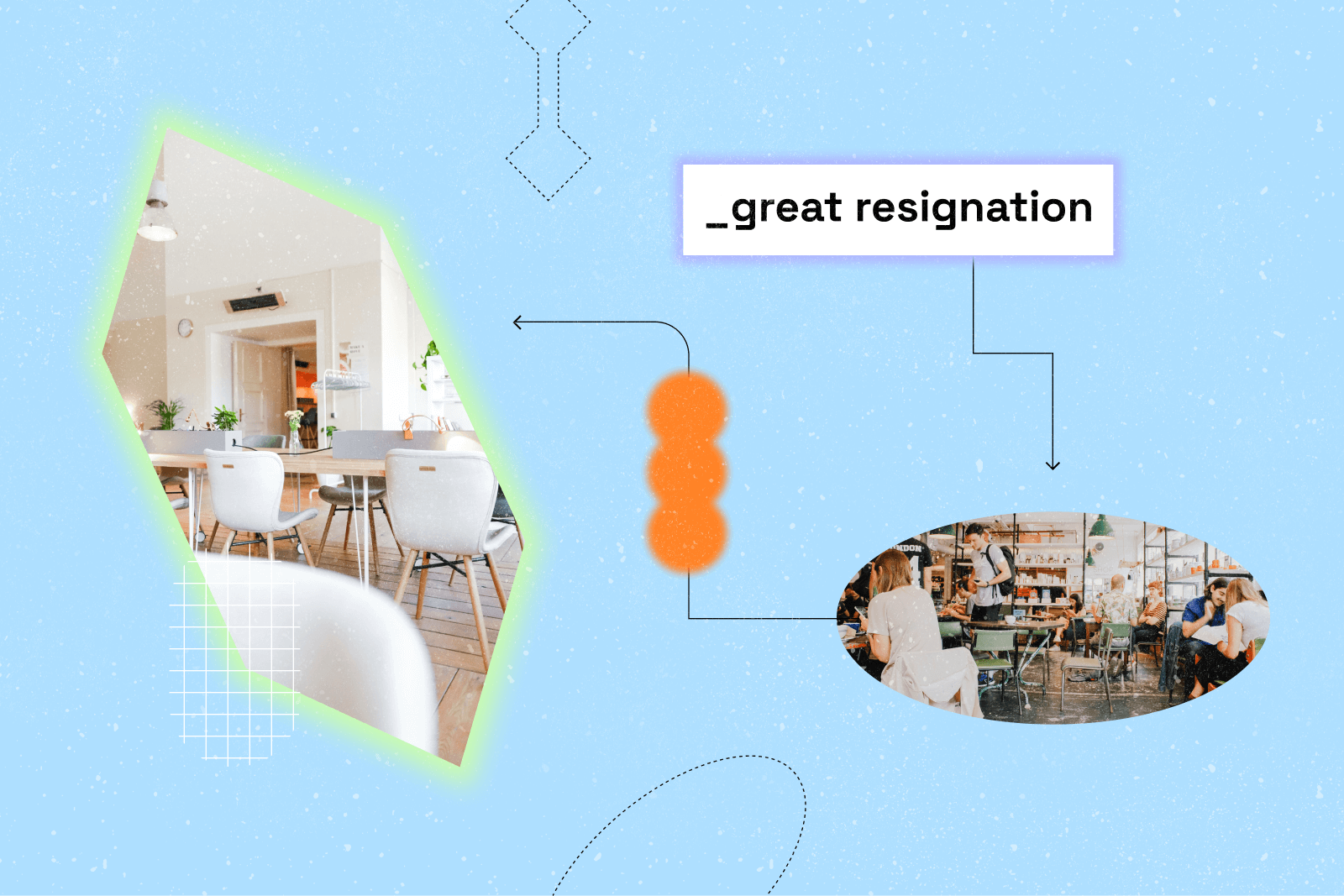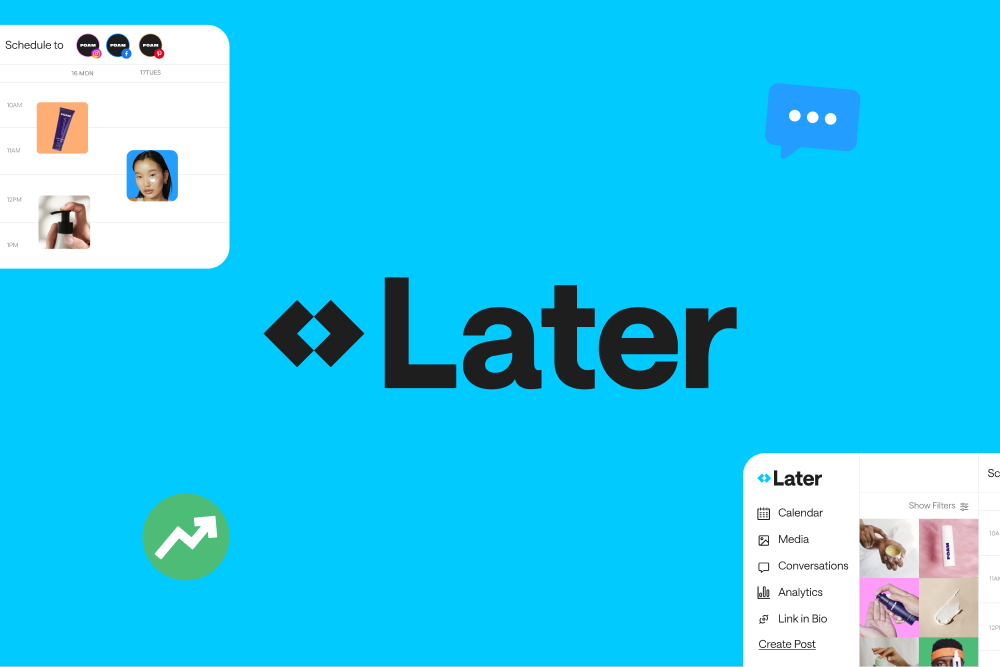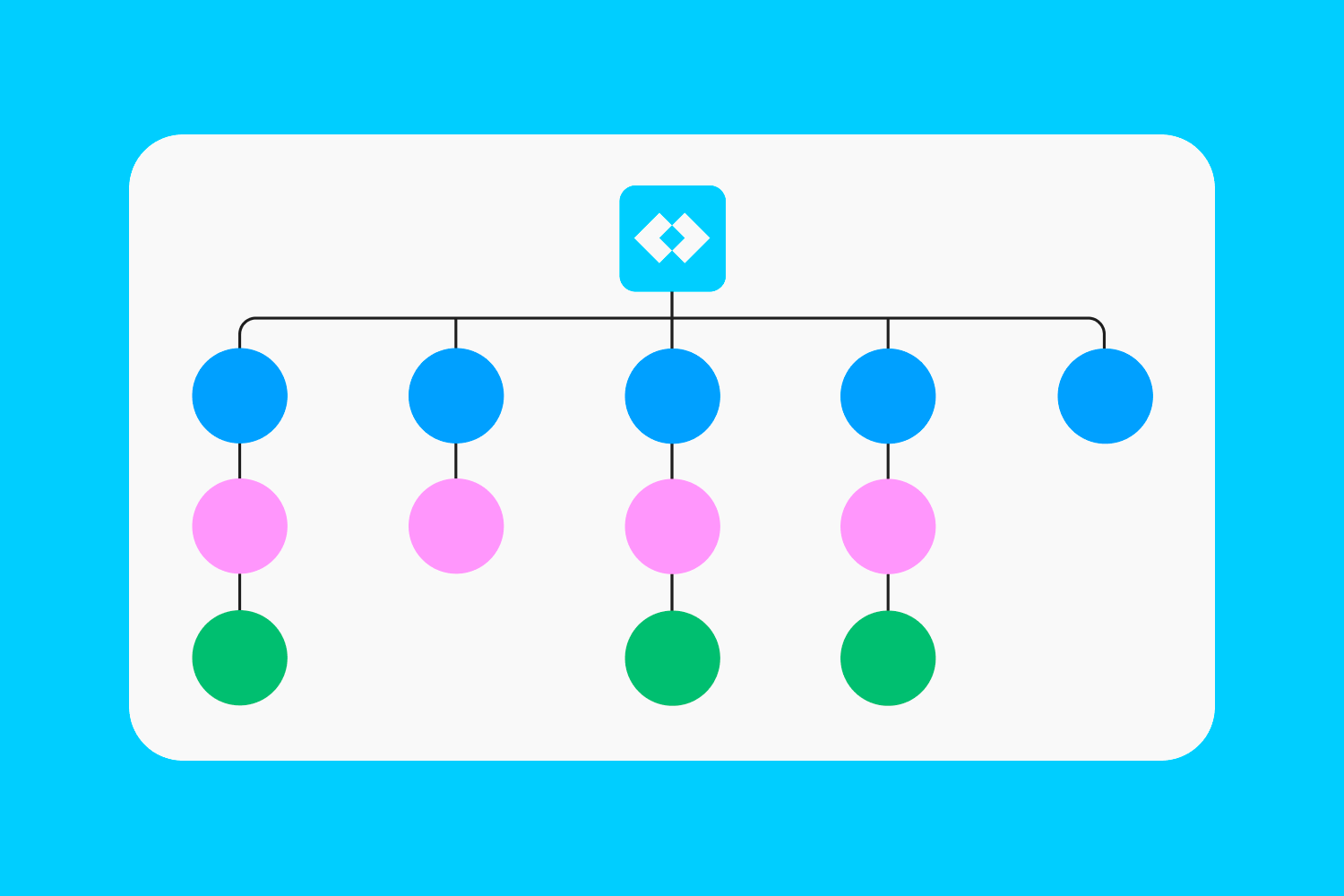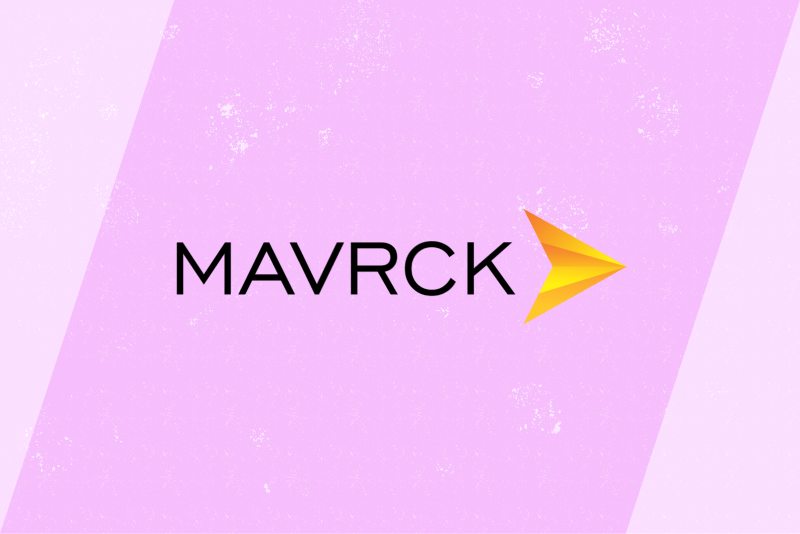Later Newsroom
News, updates and releases about Later, the social media marketing platform & link in bio tool.
Latest News

Later Tells Inc. How to Embrace Workplace Polarization & Create Middle Ground in Your Company
Roger Patterson, President of Later, on embracing workplace diversity.


Later and BuzzFeed Weigh in on the Low Exposure Photo Trend Sweeping Social Media in 2022
The minimalist aesthetic favored by content creators on Instagram.


Later’s CEO Shares With Entrepreneur Why Former Employees Can Help Businesses During the Great Resignation
How Roger Patterson is turning former employees into advocates.

Featured In
Later and BuzzFeed Weigh in on the Low Exposure Photo Trend Sweeping Social Media in 2022
The minimalist aesthetic favored by content creators on Instagram.
![Buzzfeed Logo]()
Later’s CEO Shares With Entrepreneur Why Former Employees Can Help Businesses During the Great Resignation
How Roger Patterson is turning former employees into advocates.
![Later’s CEO Shares With Entrepreneur Why Former Employees Can Help Businesses During the Great Resignation thumbnail]()
Later’s CEO Tells Forbes Adaptation is the Leading Soft Skill to Have in the Today’s Workplace
The visual marketing platform’s founder on the skills entrepreneurs need.
![Forbes logo]()
Later App Featured in Yes! Magazine as a Must-Have Trend & Technology Lifestyle App to Save Time on Social Media
Later is a social media scheduling app that simplifies your life.
![Yes! Magazine logo]()
Press Releases
Later Announces Leadership Transition, Names New CEO
Co-founder Lyle Stevens Assumes Role of Chief Strategy Officer and Scott Sutton Named Chief Executive Officer to Lead Next Phase of Expansion
![Later Announces Leadership Transition, Names New CEO thumbnail]()
Later Launches Integrated AI-powered Caption Writer for Instagram
The new tool allows users to generate Instagram captions in seconds.
![Later Launches Integrated AI-powered Caption Writer for Instagram thumbnail]()
Leading Influencer and Social Media Marketing Platforms Mavrck and Later Unite With Investment From Summit Partners
The joint platform will drive revenue for brands and content creators.
![Later Mavrck Logo]()
Later Ranks on the Deloitte Fast 50 and Fast 500 as Leading Innovators in Technology in 2021
Later is dedicated to empowering SMBs with the right social media tools.
![Deloitte Logo]()
Awards
Explore Later
About Later
Learn more about the social media marketing platform & link in bio tool.
Read More About UsLater Blog
Discover the latest trends, tips, and tricks to take your social media strategy to the next level.
Visit the Later BlogWork With Later
Got a beat? For all press-related inquiries or to work with us, contact Later's Newsroom.
Contact Us






